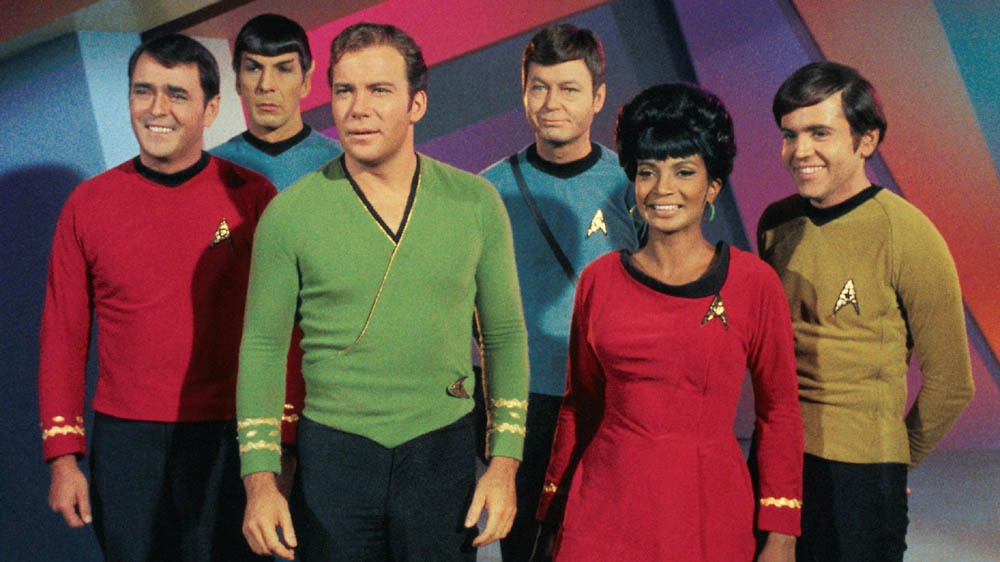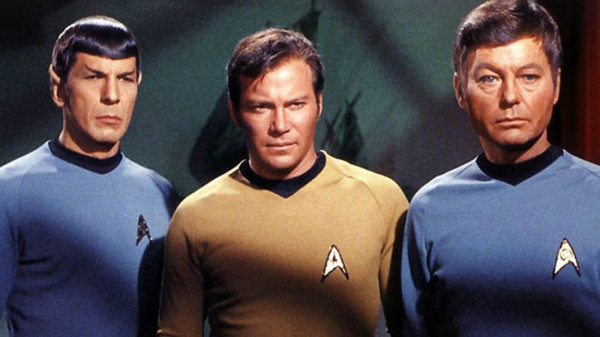With the recent launch of the new Bond movie Spectre dominating British headlines, it is easy to overlook the fact that Star Trek is returning to the small screen in 2017.
The return of his iconic franchise should not be underestimated, however, even though it comes more than a decade since the surprise cancellation of Star Trek: Enterprise. The announcement from CBS has garnered much attention on social media, with fans welcoming a return of this cult classic.
While it is far too early to pre-empt what the show will be like, there are a wealth of things that we would love to see included. (Similarly, there are others that we hope are left out!)

Historically, Star Trek and the show’s producers have always earned acclaim for their progressive treatment of race and gender. This reputation was forged during the 1960’s, however, when women and characters with variable heritages were afforded prominent roles at a time when other shows avoided this.
This is no longer enough in the modern age, however, so it is important that the new series features a more diverse and relevant reflection of modern society. More specifically, an LGBT character would add huge value and bring the franchise into the 21st century.
One of the main issues with previous series’ is the lack of long-term character development, especially over the course of a season or collection of seasons. Take Riker, for example, who was initially established as a devil-may-care ladies man and maintained the same traits until the end of the series.
This tends to create one-dimensional characters that are hard to relate to, while it also leads to the development of poor and outdated story arcs. With this in mind, the new series would benefit from adopting the episodic and novelistic approach that underpins most successful TV shows in 2015.

The characters associated with Star Trek: The Next Generation have become almost as iconic as Captain Kirk and Spock, spawning everything from spin-off shows to popular online slots. This does not mean that the producers should look to remake this show for a modern audience (with a rebooted timeline, of course).
While this would certainly appeal to existing fans, it would also introduce the kind of lazy and insular approach that has sounded the death knell for so many previous television franchises. Instead, developers should focus on creating a unique narrative and format that suits modern-day viewers.

